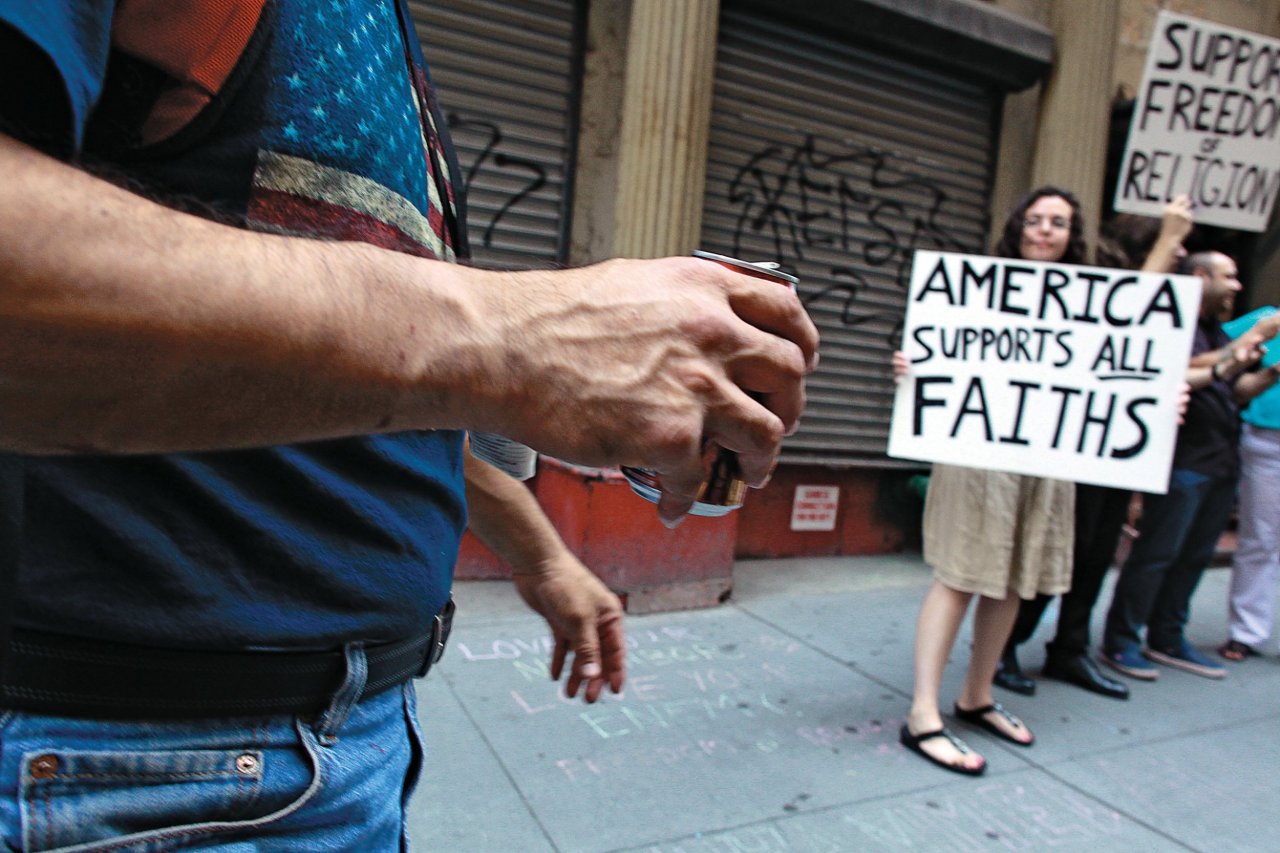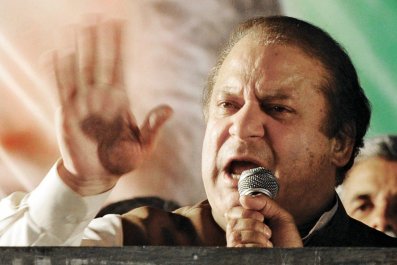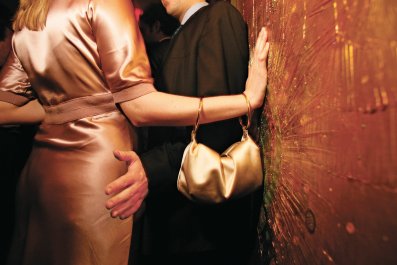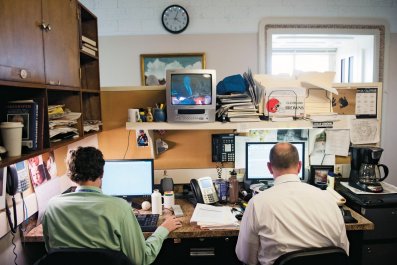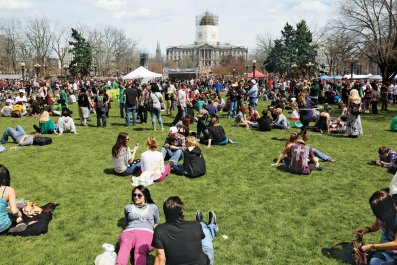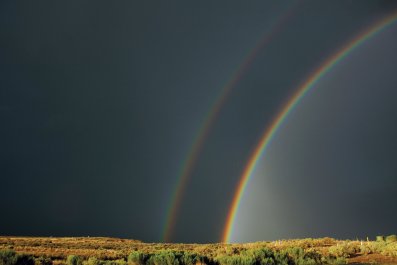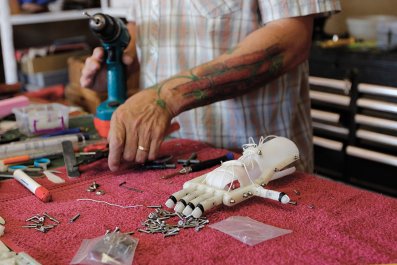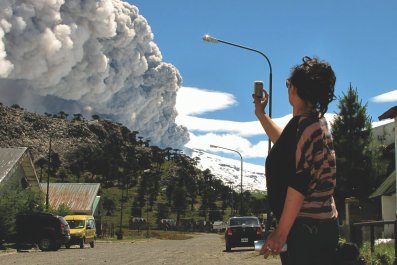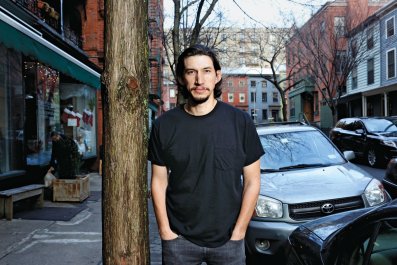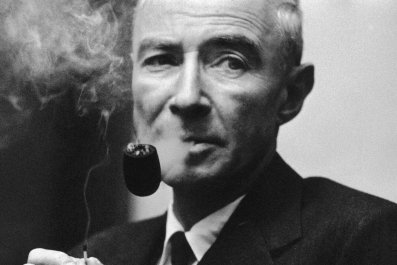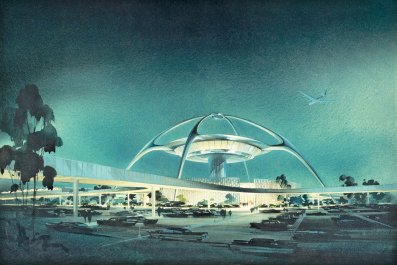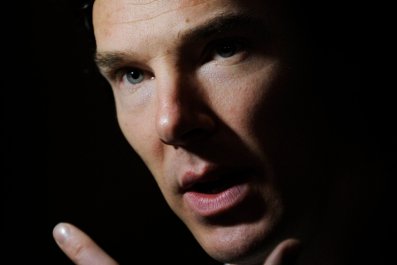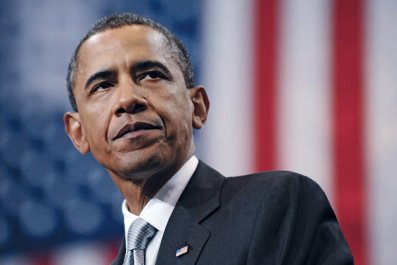If you want to fight Muslim extremism in the United States of the kind that fueled the Boston Marathon attack, one of the most effective strategies may be to build more mosques. Supporting a strong Islamic community is not going to foster radicalism, Harvard Divinity School lecturer Jocelyne Cesari told a panel in the aftermath of the bombing. Rather, she said, "it's a good way to prevent it." Many radicals are Western converts or people from Muslim backgrounds who grew up outside mainstream Muslim society. They have little religious context but the rants available on the Internet. Alienation from family and community spawns what Cesari calls "disembeddedness" and sows the seeds of terrorism. "The more you are part of a congregation, the more you are interested in your social and political environments," she said, returning to some of the themes in her 2006 book, When Islam and Democracy Meet. "Mosques in the United States are intolerant of radicalization." One of the alleged bombers in Boston, Tamerlan Tsarnaev, was kicked out of a mosque earlier in the year because he was considered a troublemaker. "In the West," said Cesari, "we need more Islam in terms of religion and much, much less the ideological positions on Islam."
Building Mosques for Peace: How Religion Prevents Radicalism
